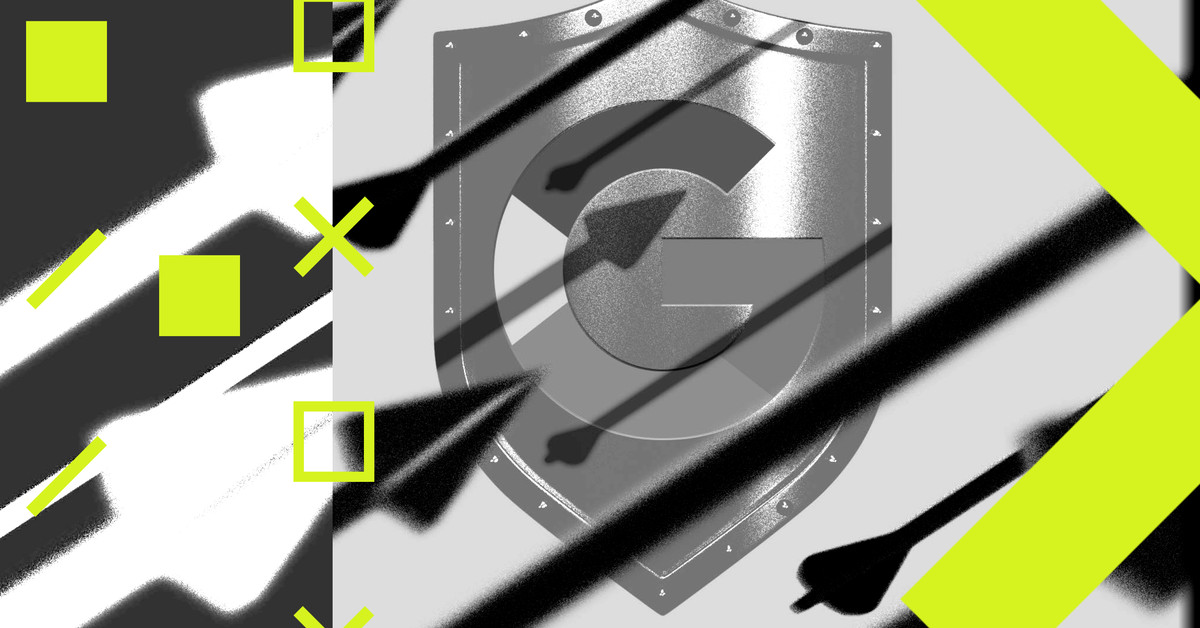On today’s episode of DecoderWe’re talking about antitrust policy and technology, which is a particularly awkward moment as we enter the second Trump administration.
A lot of tech policy is at an awkward moment, really, but trust may be the weirdest of them all — the pendulum on anti-trust policy has swung back and forth over the past few years, and it’s back under Trump. is about to swing and his new appointees. To help me understand these people and what’s to come, I asked Leah Nylon, an antitrust reporter. Bloomberg And a leading expert on the subject, to come on the show and help break it all down.
If you a Decoder Listeners, you know that the infrastructure of mistrust in America has been more or less the same since Ronald Reagan took office in 1981, through President Barack Obama and the first Trump administration.
But in the Biden administration, FTC Chair Lena Khan and DOJ Antitrust Chief Jonathan Kanter have taken a bold, aggressive approach to antitrust not really seen in this country in many of our lifetimes. And they’ve been quite public about it – the counter is on Decoder twice in the last year To talk about this approach and what it means. After all, Amazon, Apple, and Meta are all facing major antitrust lawsuits, and Microsoft is still under investigation. And then there’s Google, which is already looking at a possible full breakup after losing a major antitrust lawsuit, with a ruling in another case about advertising virtually any day now.
A lot of this regulatory pressure is designed to avoid what I call the “Instagram problem,” where everyone wants the world’s governments to stop Facebook from buying Instagram in 2012, turning Instagram into a real competitor. permission could have been granted. to Facebook. But it didn’t happen.
Almost throughout the 2010s, the tech industry grew and consolidated at an incredible pace through mergers and acquisitions of startups, the way you Ended up with what some founders and venture capitalists called the “kill zone”. Some companies around – if a big tech company saw a startup that could compete with them, they would buy it, and that would be it. The situation led to numerous hearings, press releases, lawsuits, and podcast episodes — and ultimately ended with a Biden administration wanting to do something to slow it down and maybe even open some of it up.
Some of these implementations are so intense that companies have even devised creative end runs around the appearance of acquiring another company. Look at Inflection AI: Microsoft didn’t get it; Instead, it hired most of the company, licensed its technology, and installed the co-founder, Mustafa Suleiman, as CEO of its new AI division. You cannot be blocked for an acquisition deal if, on paper, you have acquired nothing.
But now, President-elect Donald Trump is returning to the White House in a month, and he’s already named his picks to replace Khan and Kanter.
Trump’s pick to head the FTC, current commissioner Andrew Ferguson, has positioned himself for the chairperson’s seat by promising to open up Khan’s agenda. Overall, he’s very supportive of big business — except when it comes to big tech. Ferguson is somehow using the FCC’s power to try and reign in big tech, especially for perceived political censorship, which Trump cares a lot about. And Trump’s pick to run antitrust at the DOJ is Gail Slater, whose background seems poised to keep some big antitrust cases alive.
All of this leads to a deeply awkward tension, as you’ll hear Leah talk about. On the one hand, the incoming administration is fine with letting big companies get bigger — but it can happen Also Support potential Google breakups. Not because it believes Google has behaved anticompetitively, but to punish Google for its perceived control over speech, which conservatives really hate.
There a very much There is going on, and there are many open questions. All the big tech companies would love to believe we’re moving into an era of less enforcement, turning a blind eye to big deals, and going back to business as usual. But are we really going to see a major reversal of the last four years, which means big tech breathes a sigh of relief and spins the acquisition machine again?
Or could we see a world where Trump’s second term remains a strange bipartisan no-confidence effort? Leah is one of the sharpest people I know to ask this question — but as you’ll hear her say, there are a lot of wild cards.
If you want to read more about what we talked about in this episode, start here:
- Trump’s Antitrust Trio Announces Major Tech Crackdown to Continue | Bloomberg
- Trump picked FTC Commissioner Andrew Ferguson to lead the agency politics
- Trump named Gail Slater to head the Justice Department’s antitrust division Reuters
- Trump named Brandon Carr as his FCC leader Verge
- Trump’s FTC pick promises to go after ‘censorship’ of tech companies | Verge
- Breaking down DOJ’s plan to end Google’s search monopoly | Verge
- US vs. Google Redux: All the news from the ad tech trial | Verge
- Tech leaders kiss the ring Verge
- DOJ antitrust chief ‘delighted’ after Google’s antitrust ruling | Decoder
- This is Big Tech’s playbook for swallowing up the AI industry command line
Decoder with Nilay Patel /
A podcast from The Verge about big ideas and other problems.










